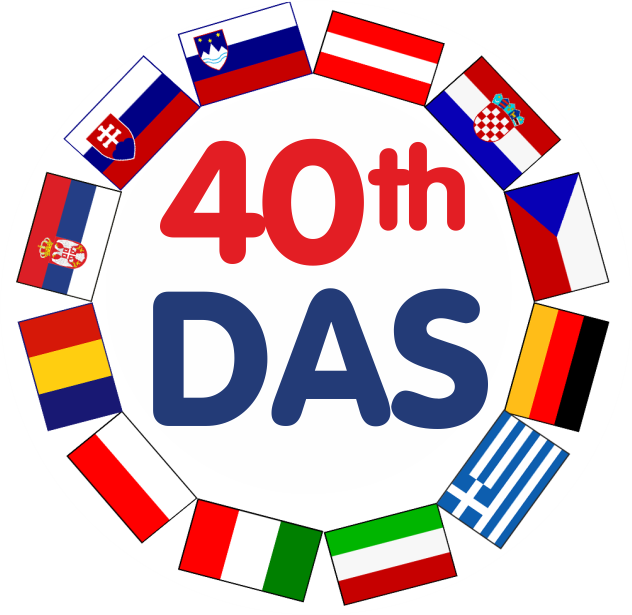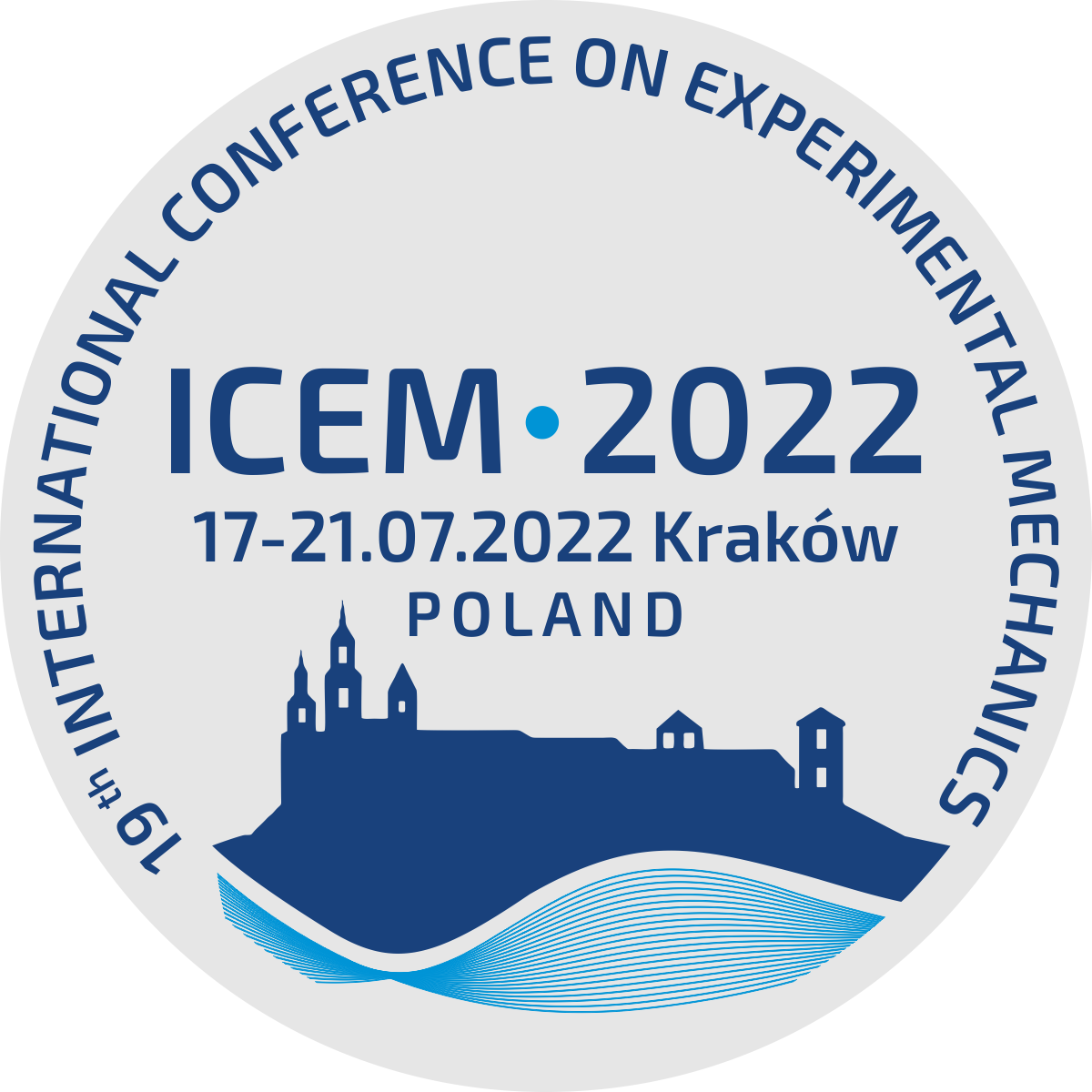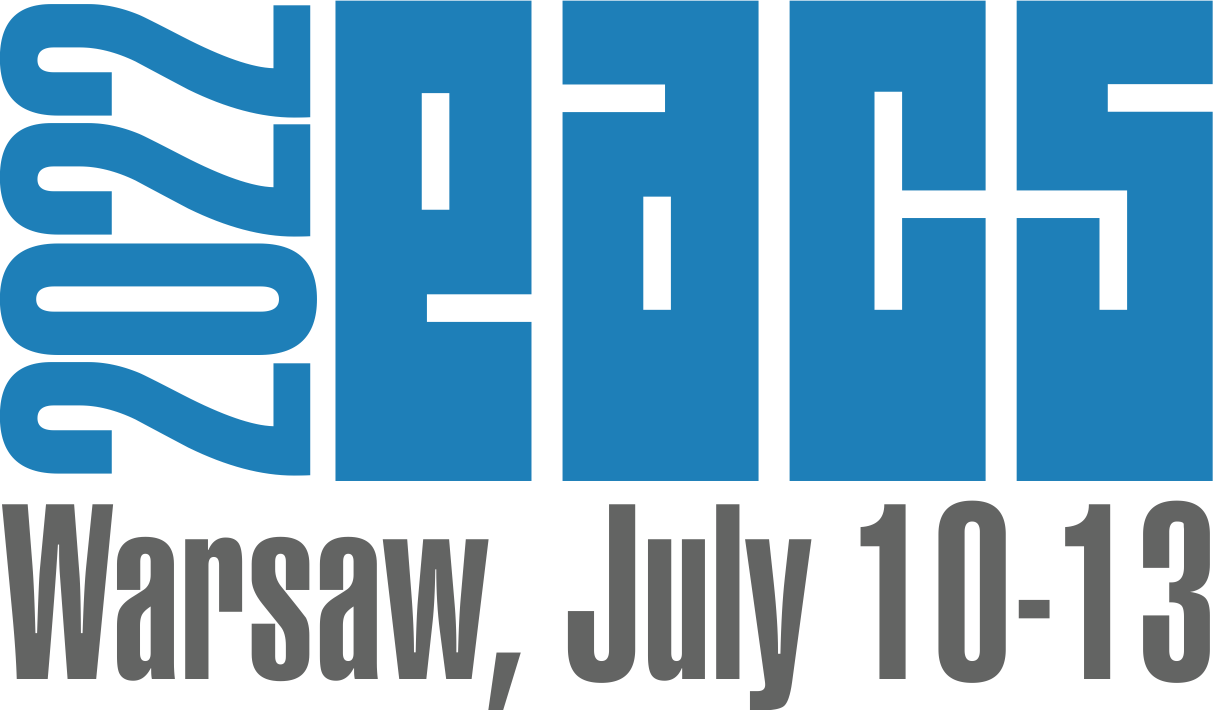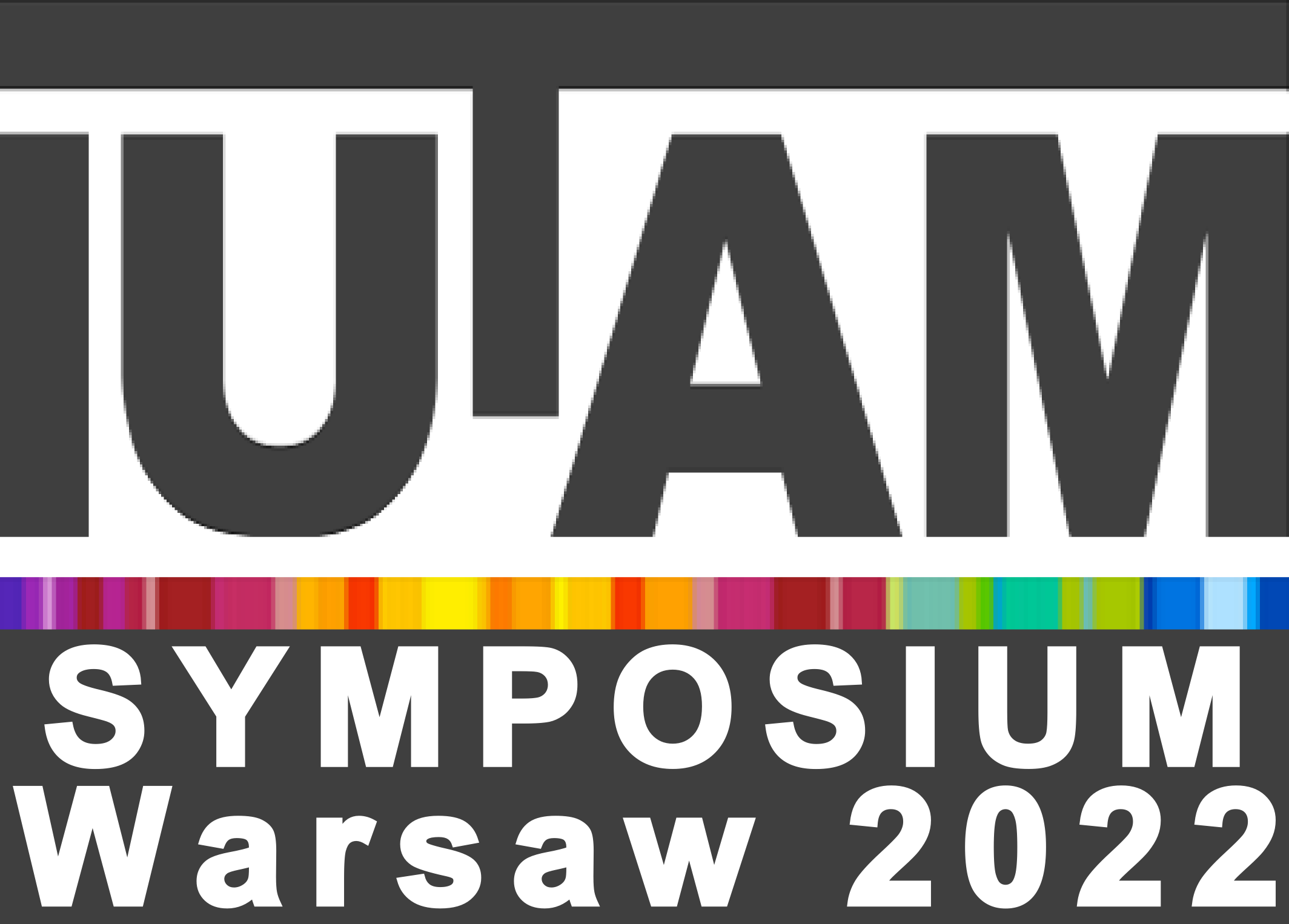| 1. |
Huang T.♦, Ayuningtyas Y.♦, Wang C.♦, Krajewski M., Lin J.♦, Polyvinylpyrrolidone-assisted sol–gel synthesis of efficient Li2TiSiO5/C composite anodes for Li-Ion batteries,
APPLIED SURFACE SCIENCE, ISSN: 0169-4332, DOI: 10.1016/j.apsusc.2024.160914, Vol.676, No.160914, pp.1-8, 2024 Abstract:
This study presents the process of developing an effective anode material for lithium-ion batteries (LIBs) by usage of Li2TiSiO5 coated with a thin layer of carbon (LTSO/C). The material was prepared through a sol–gel method, where varying amounts of polyvinylpyrrolidone (PVP) were used as a carbon source during the synthesis process. The physicochemical analysis of the LTSO/C samples indicates that as the amount of PVP used during sol–gel synthesis increases, the particle diameter of LTSO decreases. Furthermore, the analysis shows that a thin amorphous carbon layer is deposited on the LTSO surfaces, along with additional carbon networks between the LTSO particles. Based on the electrochemical analysis conducted to optimize the amount of PVP during synthesis, the resulting LTSO/C composite electrode synthesized with 1 g of PVP exhibits a specific capacity of 274.5 mAh·g−1 at 0.1C after 150 cycles, which is quite close to the theoretical capacity. In addition, this LTSO/C electrode demonstrates exceptional electrochemical performance when operated at high rates, surpassing a discharge capacity of 170 mAh g−1 up to 2C. Therefore, the LTSO/C is an excellent choice for high-performance anode material in LIBs. Keywords:
Li2TiSiO5, Carbon layer, Polyvinylpyrrolidone, Anode material, Lithium-ion batteries, Sol–gel synthesis Affiliations:
| Huang T. | - | other affiliation | | Ayuningtyas Y. | - | other affiliation | | Wang C. | - | other affiliation | | Krajewski M. | - | IPPT PAN | | Lin J. | - | other affiliation |
|  |



















